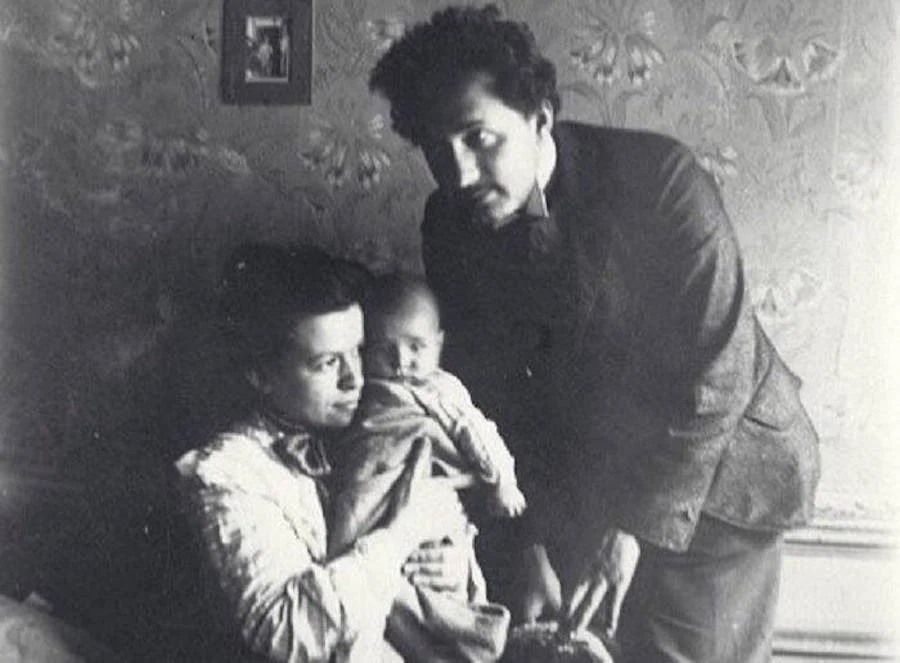Tips for Those Who Want to Develop Positive Thinking
Being a pessimist is not only unpleasant but also harmful to health, so take these recommendations to heart.
Many perceive positive thinking as a cliché or even fiction. Nevertheless, the benefits of optimism are confirmed by scientific research. Cheerful and self-confident people live longer, suffer less from depression, cope better with life’s upheavals, and resist diseases better.
If you’ve been looking at the world pessimistically for years, shifting to positive thinking may not be that easy. Here are some tips that can help.
Start the day with a positive mindset
Morning is a crucial period that often sets the tone for the entire day. You may have experienced waking up in a bad mood and being in a bad mood until evening.
To avoid this, start your day with a positive mindset – affirmations. Stand in front of the mirror and say something like “Today will be a good day” or “Today, everything will work out for me.” It may feel awkward at first, but that’s okay. Repeat such phrases regularly and notice how your thinking changes.
Focus on the good
Sometimes things in life don’t go as we want them to. Instead of worrying about such situations, try to find the positive aspects in them. For example, if you’re stuck in traffic, take the opportunity to listen to a useful podcast or the new album of your favorite artist.
After a few days of practicing this, you’ll be able to find positive aspects even in things that used to greatly upset or bother you.
Don’t forget about humor even in bad situations
Many people tend to exaggerate the scale of events happening to them and become overly concerned about them. In reality, very few situations can significantly impact our lives.
Humor helps to abstract from our own fears and reminds us that life goes on. The next time something bad happens, try to make a joke about it. It will relieve stress and allow you to evaluate what’s happening more objectively.
Learn lessons from failures
Nobody is perfect. You will occasionally make mistakes in different roles, with different people, and at different times. Don’t be sad or blame yourself.
Instead, analyze the situation, understand what it can teach you, and create a list of rules for yourself to prevent similar situations in the future. Try to understand what you did wrong and apply that knowledge next time.
Maintain a positive internal dialogue
Internal dialogue is your thoughts about yourself and your actions. When we have a pessimistic mindset, we often don’t realize how we start thinking poorly about ourselves and our abilities, especially after failures. “Why did I take this on,” “I shouldn’t have said such a stupid thing,” “Of course, I failed, I can’t do anything.”
Such thoughts negatively affect our self-confidence, demotivate us, and cause stress. It’s much more beneficial to maintain a positive internal dialogue. Instead of “Why did I take this on,” say “It’s okay, next time it will be better.” Instead of “I shouldn’t have said such a stupid thing,” say “It’s hard to predict whether they’ll understand you correctly or not.” And instead of “Of course, I failed, I can’t do anything,” say “I’ll need to practice and try again.”
Focus on the present
A significant portion of negativity comes from memories of past events or fears about the future. Usually, very rarely does something bad happen to us in any specific moment.
For example, if your boss scolded you, your bad mood arises from what has already happened, and at this particular moment, nothing negative is happening. Therefore, it’s better to focus on the current moment. Usually, it’s not as bad as it seems.
Surround yourself with positive people
People are social creatures, and our environment strongly influences what and how we think about the world. If you are surrounded by optimistic people, you will hear positive opinions about different things, positive beliefs, and attitudes.
Over time, your consciousness will naturally align with this type of thinking. You will start to look at reality less negatively, and it will be easier for you to notice the good. Plus, positive people are more inclined to support others because they have enough energy to share. And extra support is always welcome; everyone needs it.






